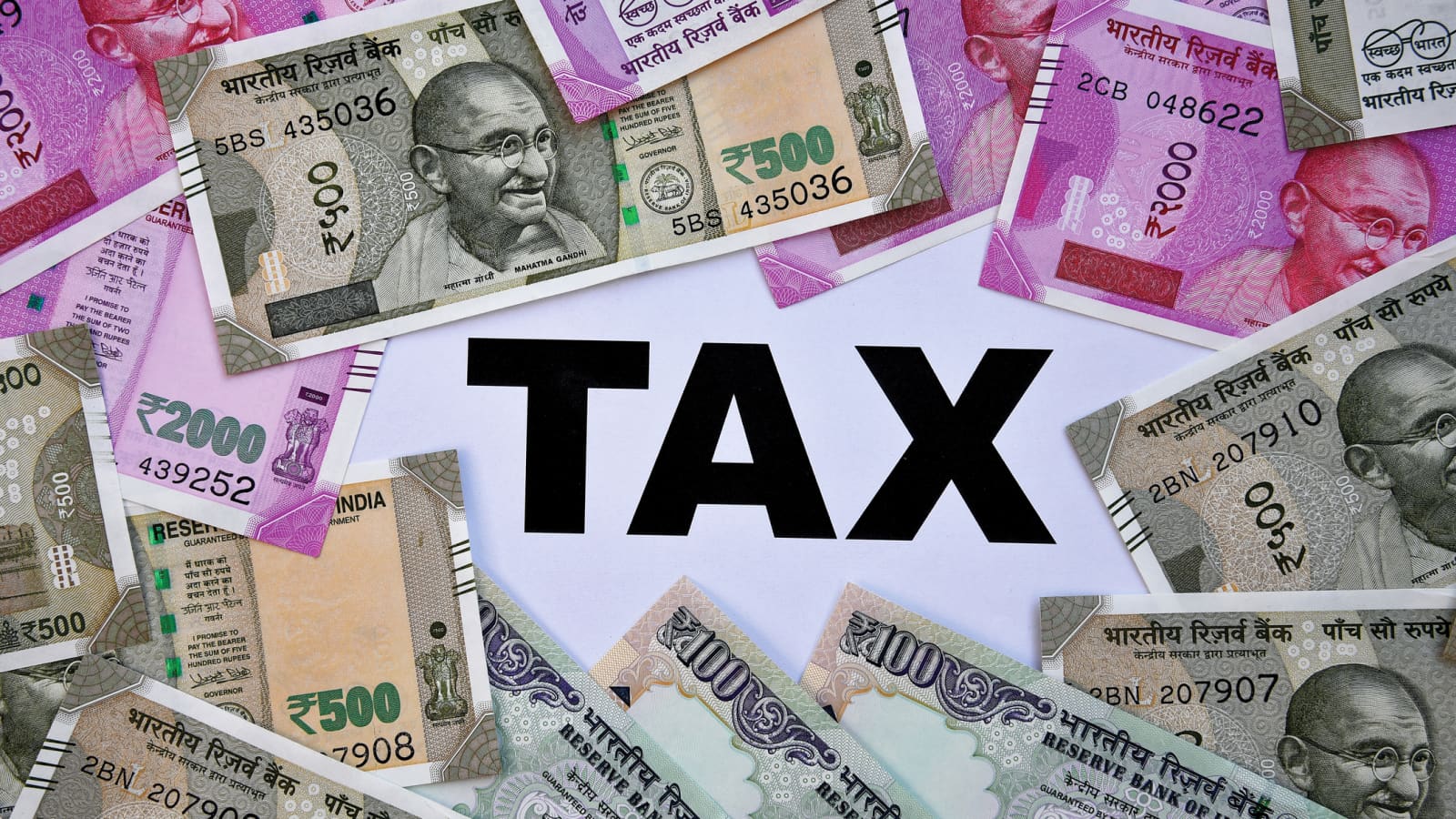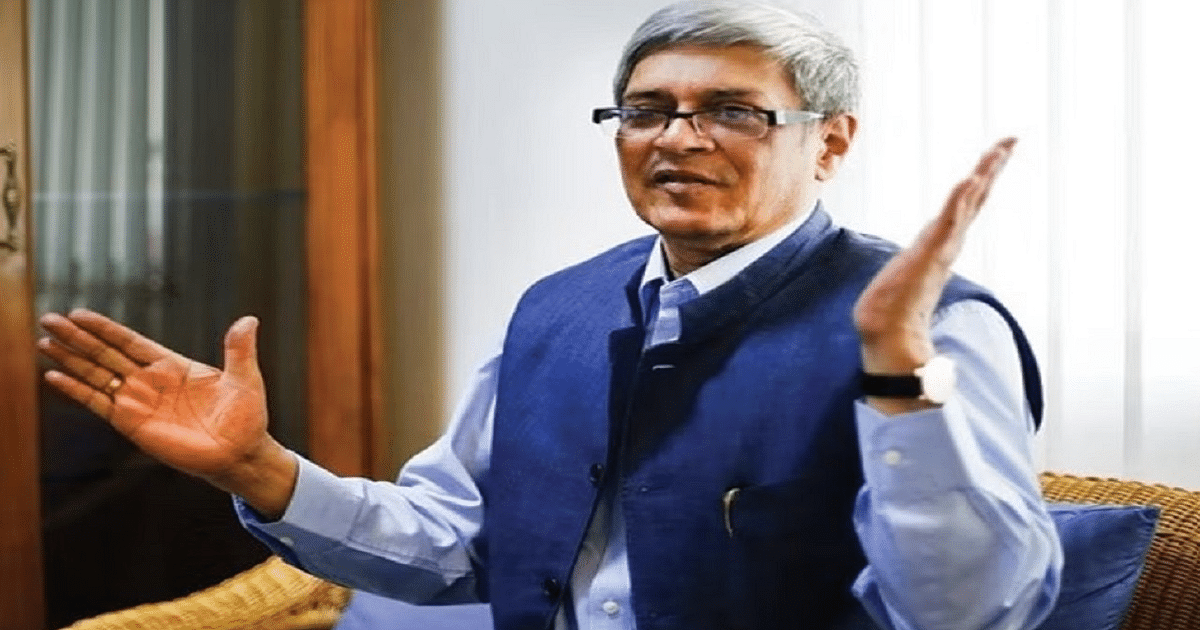Government Losing Revenue: PM Economic Advisory Council Chief Raises Concerns Over GST

Government Losing Revenue: PM Economic Advisory Council Chief Raises Concerns Over GST
In a recent revelation that has sent shockwaves through the economic corridors of the nation, the Chief of the Prime Minister’s Economic Advisory Council (PMEAC) has raised a resounding alarm regarding the ongoing hemorrhage of government revenue due to the Goods and Services Tax (GST) system. This candid observation comes at a time when the government is grappling to balance its fiscal obligations while ensuring sustainable economic growth. The concerns highlighted by the PMEAC Chief shed light on a crucial issue that demands immediate attention and remedial action.
The GST, introduced in July 2017, was hailed as a transformative tax reform aimed at streamlining the complex web of indirect taxes and creating a unified market across the country. While the concept was lauded for its potential to boost revenue collection by broadening the tax base and curbing tax evasion, the ground realities appear to present a different narrative. The recent statements made by the PMEAC Chief suggest that the government’s coffers are leaking, with revenue losses mounting due to inadequacies within the GST framework.
Addressing the media during a press conference, the PMEAC Chief underscored the urgency of the matter. “It is imperative that we address the issues eroding our revenue collection under the GST regime. The current situation not only undermines our fiscal strength but also jeopardizes critical development initiatives,” the Chief remarked. These concerns come as a stark reminder that robust revenue collection is the bedrock upon which a nation builds its infrastructure, provides essential services, and fosters an environment conducive to economic growth.

One of the primary factors contributing to this revenue shortfall is the intricate structure of the GST itself. The multiplicity of tax rates, including standard, higher, and lower rates, has given rise to classification ambiguities. This has led to disputes and litigations, often resulting in delayed or reduced revenue collection. Furthermore, the intricate compliance procedures have proven to be a hurdle for small and medium enterprises (SMEs), causing many to resort to underreporting or circumventing taxes altogether.
Powerful voices from the business community have joined the chorus of concerns. Industry leaders have expressed their apprehensions about the current state of the GST, emphasizing the need for a simplified and more transparent tax structure. The convoluted nature of the system, coupled with the technological challenges of compliance, has inadvertently created an environment where tax evasion can thrive. For the GST to achieve its intended purpose, it must strike a balance between generating revenue and fostering an atmosphere conducive to business growth.
In addition to its structural complexities, the GST also faces challenges in its implementation and enforcement. The absence of a seamless digital infrastructure and the lack of a foolproof invoice matching system have opened doors for fraudulent activities. This not only deprives the government of its rightful revenue but also fosters an uneven playing field where compliant businesses bear the brunt of unfair competition.
The PMEAC Chief’s concerns gain further gravity in light of the global economic landscape. As nations worldwide navigate the financial uncertainties brought about by the ongoing pandemic, India’s economic resilience is of paramount importance. Adequate revenue generation is a linchpin in fortifying the nation’s economy against external shocks, funding critical healthcare infrastructure, and sustaining social welfare programs.

While the challenges are undeniable, the solutions are neither elusive nor insurmountable. The government, in consultation with economic experts, tax authorities, and business leaders, can embark on a comprehensive reform journey to plug the revenue leaks in the GST structure. First and foremost, simplification of tax rates and harmonization of classification can go a long way in reducing disputes and ensuring more accurate revenue estimation.
Moreover, investing in robust technological infrastructure to facilitate seamless compliance procedures is imperative. This includes a sophisticated invoice matching system that leaves minimal room for discrepancies. Automation can not only streamline the tax payment process but also minimize the opportunities for evasion and fraud.
Furthermore, focusing on education and outreach can cultivate a culture of tax compliance. Many businesses, especially SMEs, might inadvertently engage in non-compliant practices due to a lack of understanding of the complex taxation framework. Government-sponsored workshops, digital resources, and dedicated helplines can bridge this knowledge gap and encourage voluntary adherence to tax regulations.
The situation at hand demands a collaborative effort. The government, industry stakeholders, and the public must come together to address the pressing issue of revenue loss. An effective GST regime has the potential to be a cornerstone of India’s economic growth story, but the cracks in its foundation need immediate repair.

In conclusion, the concerns raised by the Chief of the PMEAC regarding the revenue hemorrhage caused by GST collection inefficiencies shine a spotlight on a critical economic challenge. The leakages in revenue collection not only undermine the government’s fiscal strength but also hinder its ability to invest in development initiatives. Simplification of tax rates, technological enhancements, and education are the pillars upon which a stronger GST system can be built. As the nation navigates through complex economic realities, a reformed GST could emerge as a potent tool for revenue generation and economic resilience. The time to act is now, and the collective efforts of all stakeholders will determine the trajectory of India’s economic future.




